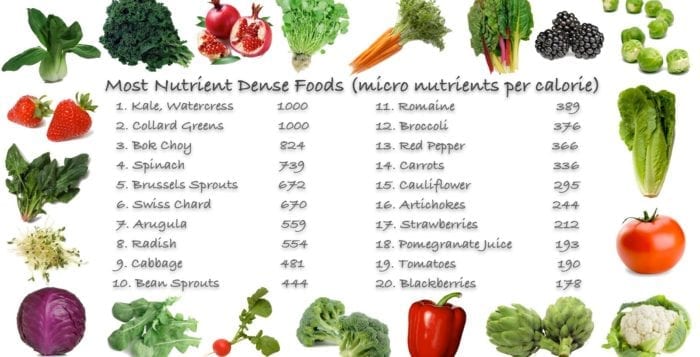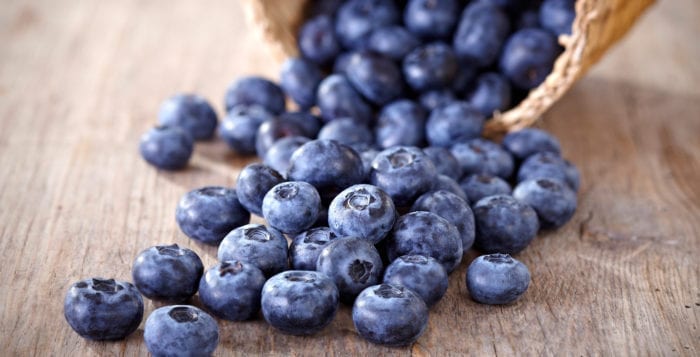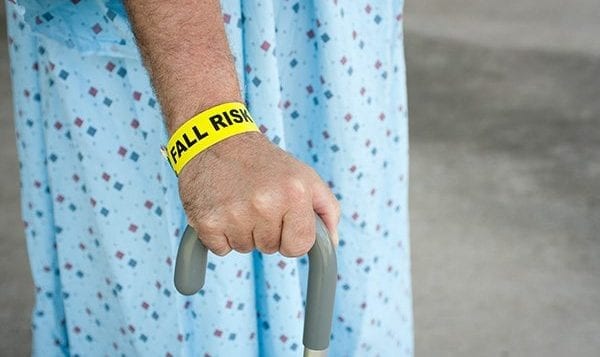Different types of exercise have different impacts
By David Dunaief, M.D.

Mild cognitive impairment (MCI) is one of the more common disorders that occurs as we age. But age is not the only determinant. There are a number of modifiable risk factors. MCI is feared, not only for its own challenges but also because it may lead to dementia, with Alzheimer’s disease and vascular dementia being the more common forms. Prevalence of MCI may be as high as one-in-five in those over age 70 (1). It is thought that those with MCI may have a 10 percent chance of developing Alzheimer’s disease (2).
Since there are very few medications presently that help prevent cognitive decline, the most compelling questions are: What increases risk and what can we do to minimize the risk of developing cognitive impairment? These are the important questions.
Many chronic diseases and disorders contribute to MCI risk. These include diabetes, heart disease, Parkinson’s disease and strokes. If we can control these maladies, we may reduce the risk of cognitive decline. This involves making lifestyle modifications such as exercise and diet. We know that we can’t stop aging, but we can age gracefully.
Heart disease’s impact
Although we have made great strides, heart disease continues to be prevalent in America. In an observational study, results demonstrated that those suffering from years of heart disease are at a substantial risk of developing MCI (3). The study involved 1,450 participants who were between the ages of 70 and 89 and were not afflicted by cognitive decline at the beginning of the study. Patients with a history of cardiac disease had an almost two times greater risk of developing nonamnestic MCI, compared to those individuals without cardiac disease. Women with cardiac disease were affected even more, with a three times increased risk of cognitive impairment.
Nonamnestic MCI affects executive functioning — decision-making abilities, spatial relations, problem-solving capabilities, judgments and language. It is a more subtle form of impairment that may be more frustrating because of its subtlety. It may lead to vascular dementia and may be a result of clots. This gives us yet another reason to treat and prevent cardiac disease.
Stroke location vs. frequency
Not surprisingly, stroke may have a role in cognitive impairment. Stroke is also referred to as a type of vascular brain injury. But what is surprising is that in a study, results showed that the location of the stroke was more relevant than the frequency or the multitude of strokes (4). If strokes occurred in the cortical and subcortical gray matter regions of the brain, executive functioning and memory were affected, respectively. Thus, the locations of strokes may be better predictors of subsequent cognitive decline than the number of strokes. Clinically silent strokes that were found incidentally by MRI scans had no direct effect on cognition, according to the authors.
Exercise’s effects

Exercise may play a significant role in potentially preventing cognitive decline and possibly even improving MCI in patients who have the disorder. Interestingly, different types of exercise have different effects on the brain. Aerobic exercise may stimulate one type of neuronal development, while resistance training or weight lifting another.
In an animal study involving rats, researchers compared aerobic exercise to weight lifting (5). Weight lifting was simulated by attaching weights to the tails of rats while they climbed ladders. Both groups showed improvements in memory tests, however, there was an interesting divergence.
With aerobic exercise, the level of the protein BDNF (brain-derived neurotrophic factor) increased significantly. This is important, because BDNF is involved in neurons and the connections among them, called synapses, related mostly to the hippocampus, or memory center. The rats that “lifted weights” had an increase in another protein, IGF (insulin growth factor), that promotes the development of neurons in a different area of the brain. The authors stressed the most important thing is to exercise, regardless of the type.
In another study that complements the previous study, women were found to have improved spatial memory when they exercised — either aerobic or weight lifting (6). Interestingly, verbal memory was improved more by aerobic exercise than by weight lifting. Spatial memory is the ability to recall where items were arranged, and verbal memory is the ability to recall words. The authors suggest that aerobic exercise and weight lifting affect different parts of the brain, which corroborates the animal study findings above.
This was a randomized controlled trial that was six months in duration and involved women, ages 70 to 80, who had MCI at the trial’s start. There were three groups in the study: aerobic, weight lifting and stretching and toning. Those who did stretches or toning alone experienced deterioration in memory skills over the same period.
Here is the catch with exercise: We know exercise is valuable in preventing disorders like cardiovascular disease and cognitive decline, but are Americans doing enough? A Centers for Disease Control and Prevention report claims the majority of the adult population is woefully deficient in exercise: Only about 1 in 5 Americans exercise regularly, both using weights and doing aerobic exercise (7).
Diet’s effects
Several studies show that the Mediterranean diet helps prevent MCI and possibly prevents conversion from MCI to Alzheimer’s (8, 9). In addition, a study showed that high levels of carbohydrates and sugars, when compared to lower levels, increased the risk of cognitive decline by more than three times (5). The authors surmise that carbohydrates have a negative impact on insulin and glucose utilization in the brain.
Cognitive decline is a disorder that should be taken very seriously, and everything that can be done to prevent it should be utilized. Though the number of Americans exercising regularly is woefully deficient, the silver lining is that there is substantial room for improvement. Exercise has potentially positive effects on neuron growth and development. We need more campaigns like the NFL’s Play 60, which entices children to be active at least 60 minutes every day, but we also need to target adults of all ages. Let’s not squander the opportunity to reduce the risk of MCI, a potentially life-altering disorder.
References: (1) Ann Intern Med. 2008;148:427-434. (2) uptodate.com. (3) JAMA Neurol. 2013;70:374-382. (4) JAMA Neurol. 2013;70:488-495. (5) J Alzheimers Dis. 2012;32:329-339. (6) J Aging Res. 2013;2013:861893. (7) Morb Mortal Wkly Rep. 2013;62:326-330. (8) Neurology 2013;80:1684-1692. (9) Arch Neurol. 2009 Feb.;66:216-225.
Dr. Dunaief is a speaker, author and local lifestyle medicine physician focusing on the integration of medicine, nutrition, fitness and stress management. For further information, visit www.medicalcompassmd.com or consult your personal physician.

























